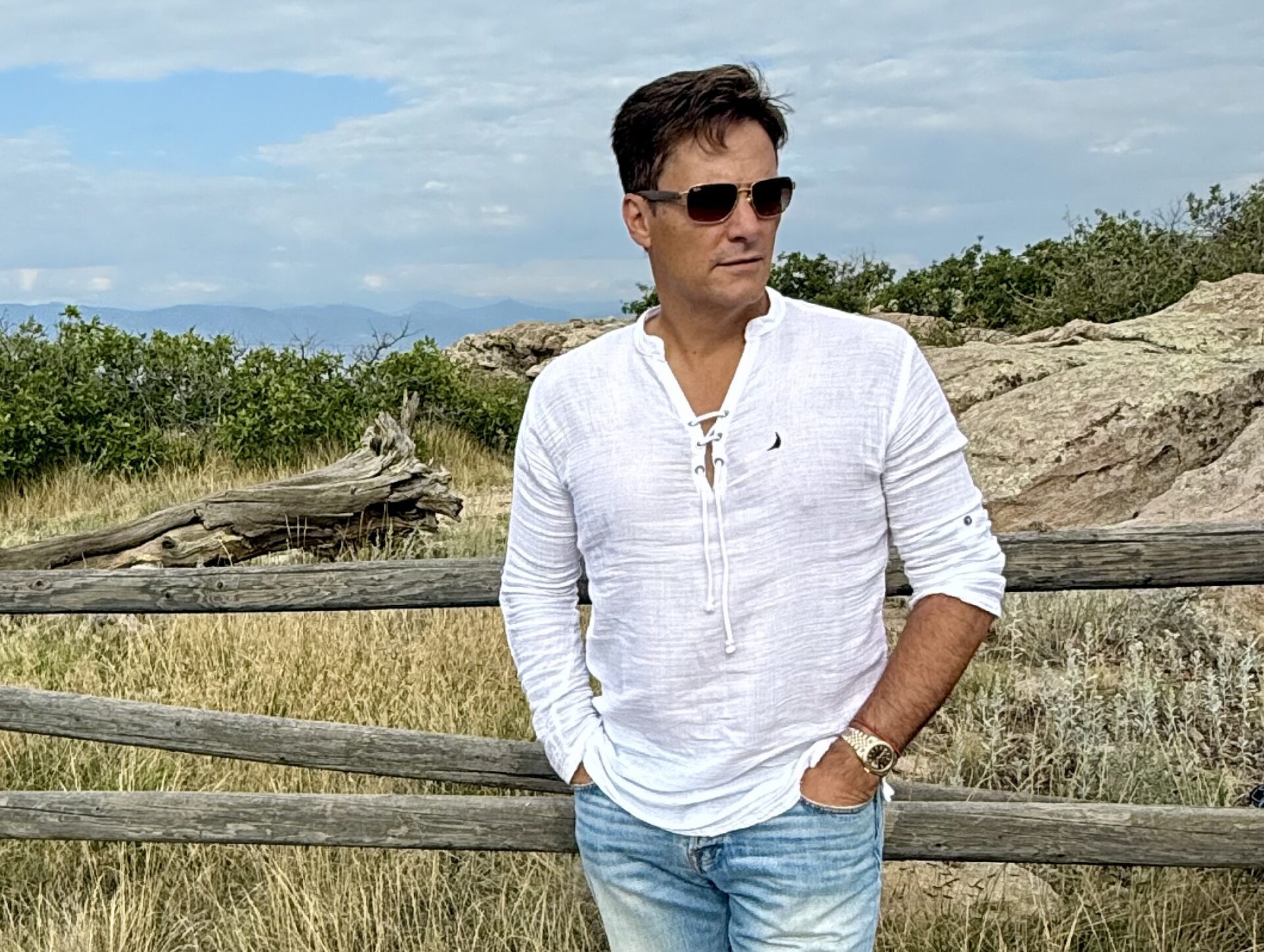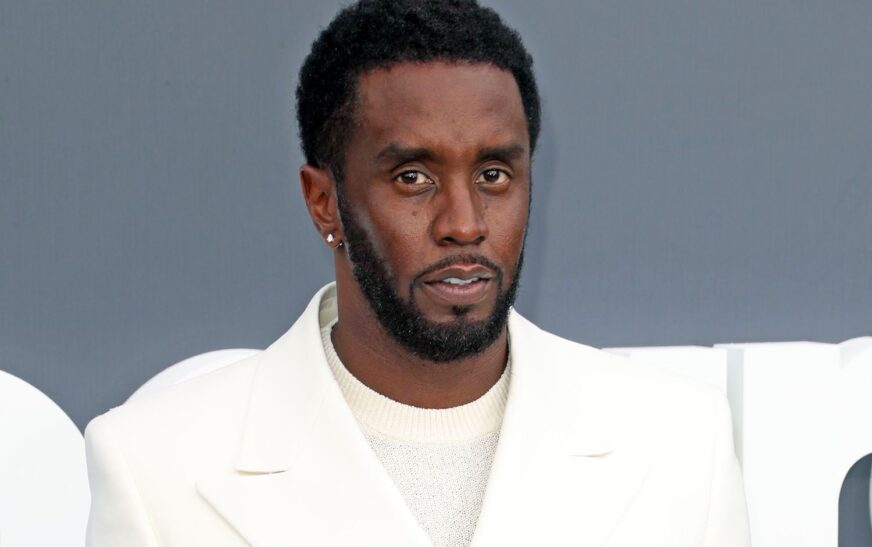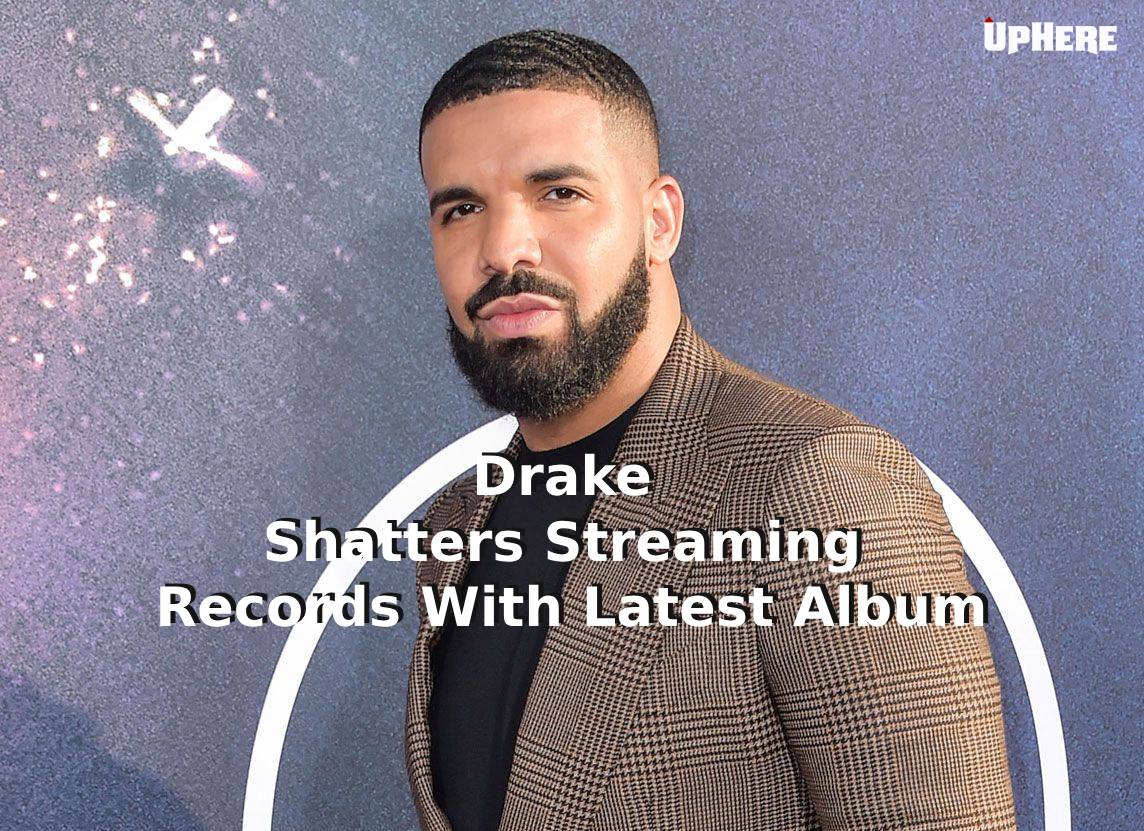The federal trial of Sean “Diddy” Combs hit a halt early in the jury deliberation process as the jury remained deadlocked on a key legal concept of drug distribution. It is that measured response by Judge Arun Subramanian that could now determine the fate of one of the most closely watched trials of the year.
Deliberations started on Thursday, June 30, after fierce closing arguments ended the federal sex trafficking and racketeering trial of the hip-hop mogul. However, after just two hours, progress was interrupted by a note from the jury, which immediately raised alarm. The note, read aloud by Judge Subramanian, stated that Juror 25 might not be capable of following the judge’s instructions, a factor that could potentially compromise the integrity of the deliberation.
The focus quickly turned to a second, more substantial question from the panel: “If an individual asks for a controlled substance and the person hands it over, it is distribution?” The question went to the heart of the government’s case, in which the accusations of drug use and procurement are central to broader charges. Prosecutors pressed the judge to respond with a flat “yes” to bolster their own position. The defense, in turn, requested a brief reading of the jury instructions to prevent any disproportionate pre-judgment.
Check out this article: Prosecutors Drop Several Key Charges Against Sean “Diddy” Combs As Trial Nears Close
Judge Subramanian did not issue a rushed answer, choosing to sleep on it for a night. This morning, the court provided a clear, yet nuanced, definition that could influence how the jury perceives what happened. In a written note, Subramanian elaborated: “The word ‘distribution’ means actual, constructive, or attempted transfer. To distribute simply means to deliver, to pass over, or to hand over something to another person, or to cause it to be delivered, passed on, or handed over to another. Distribution does not require a sale.”
This explanation eliminates the notion that if party A performs a favor for party B, monetary compensation is necessarily required to establish that a drug distribution has occurred. With that premise, any supposed transfer of controlled drugs, even without payment, could arguably fit within the law’s distribution language. After the judge’s response, the court was recessed, and the jury retired for more deliberations. While the panel considers charges with potentially career-killing consequences for Diddy, this could be a make-or-break moment when it comes to how the case will ultimately be decided. The jury’s next step now means that much more, and the world is watching.














